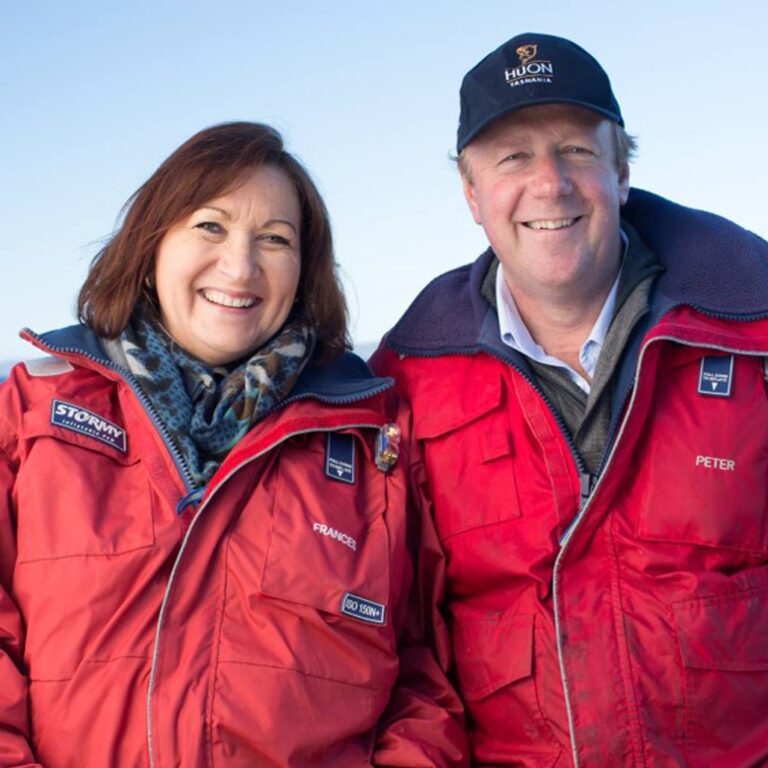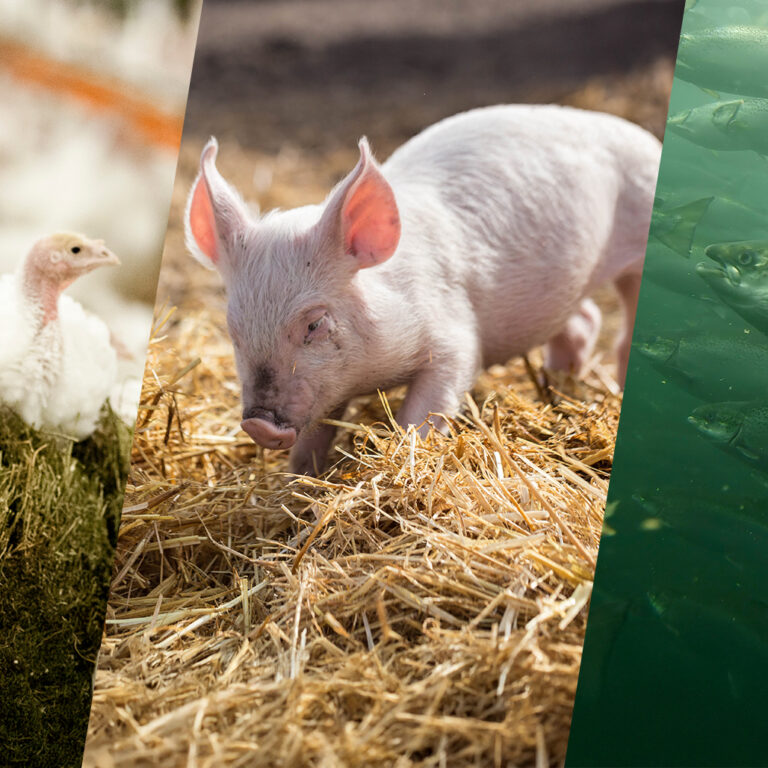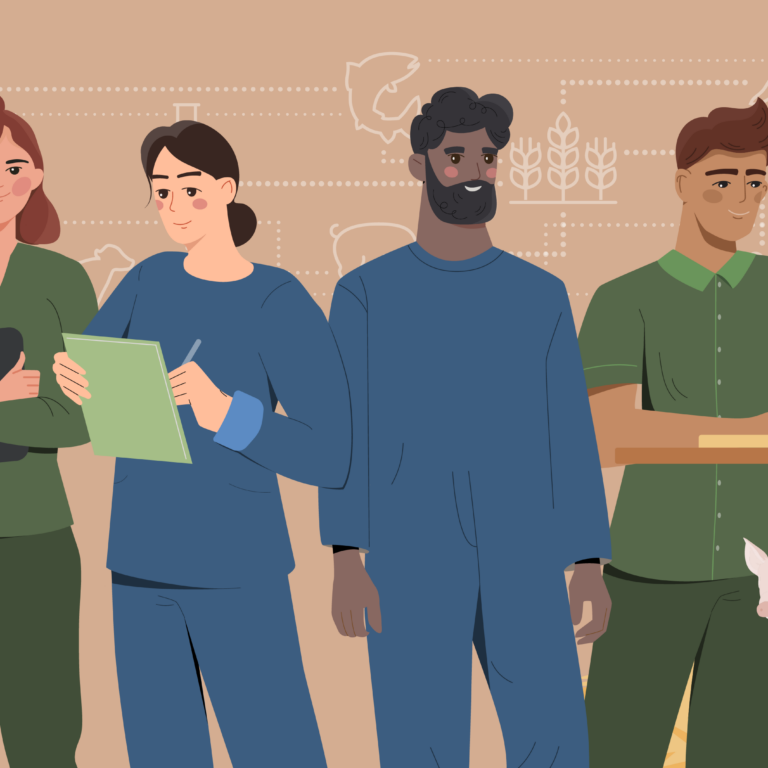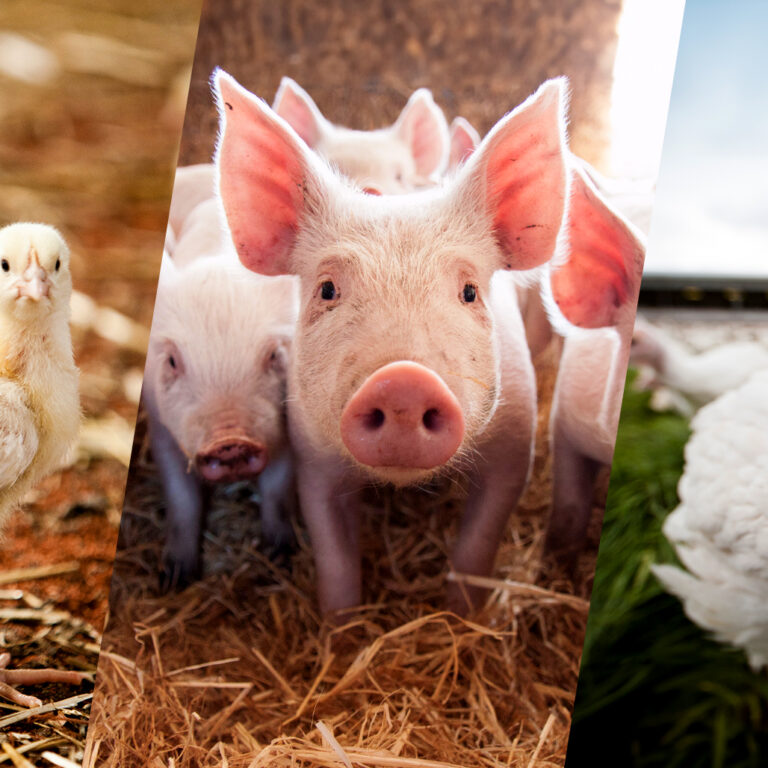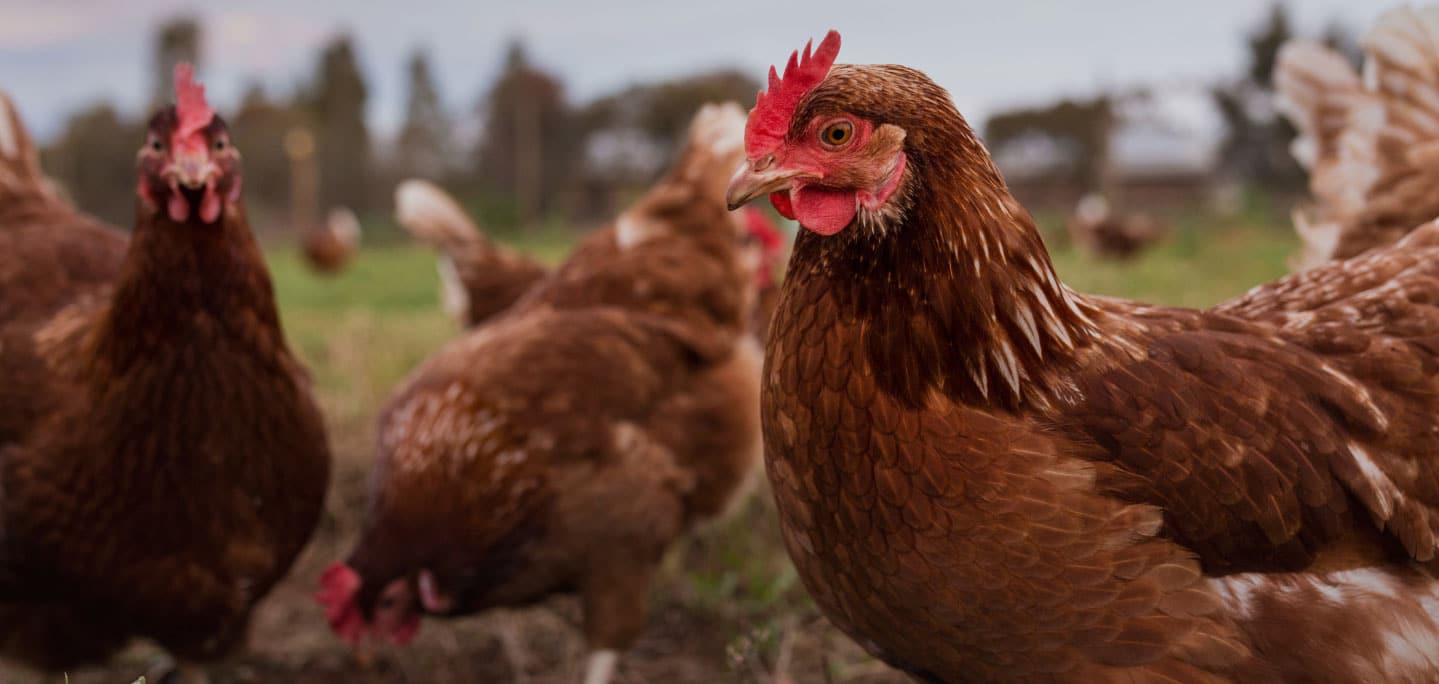As one of Australia’s largest salmon producers, Huon Aquaculture are vocal in their commitment to humane farming, placing fish health and welfare at the centre of their farming operations. And we’re thrilled to share that Huon is now the first brand to offer Australians RSPCA Approved salmon. This is great news for both consumers and millions of fish that will now be farmed in accordance to the RSPCA’s animal welfare standards focused on providing a good life for farmed Atlantic salmon!
“We could not be more proud to be the first salmon farming company to be recognised by RSPCA Australia as a humane food producer,” says Frances Bender, Huon Co-Founder “Our farmers care about our fish. They care about the ocean and they care about its natural inhabitants.”
We spoke to Huon about animal welfare, humane farming and joining the RSPCA Approved Farming Scheme:
Many consumers are showing an interest in where their food comes from, and want to know that it is produced humanely. Have you observed this kind of interest from your customers?
We certainly have. Over the past several years as salmon consumption has increased, so has the desire for consumers to know more about the salmon that they are eating. Salmon provenance isn’t just about where salmon is grown, it is about who grows it and how. By sharing the Huon story we want to help consumers make an informed protein choice.
Better education about where seafood comes from will continue to see more people making the decision to choose RSPCA Approved. We are proud to be leading the way in providing Australian consumers with an option to purchase humanely produced, RSPCA Approved salmon.
Tell us about what your farmers need to know when it comes to fish handling and wellbeing?
Like many other species, appetite is a really important indicator of health and wellbeing in Atlantic salmon. This is one of the reasons why we have developed a new, high-tech feed system that allows us to accurately assess the feeding responses and feed consumption of our fish in real-time with a series of underwater cameras. This system allows us to remotely feed fish to appetite regardless of their position in the “pecking” order, and to closely monitor their behaviour in a non-invasive and low-stress manner.
Our feed team are attentive to any reductions in appetite that could suggest changes in fish health. Our farmers are experts in detecting changes in fish behaviour and in addition to the day-to-day assessments of health and wellbeing from the surface and during routine operations, these underwater cameras allow us to assess fish behaviour in every pen, with minimal stress.
Signs we look for that indicate fish wellbeing and happiness include; how active they are, if they are schooling together, their skin and scale integrity, and good body condition.
Why is it important to Huon to prioritise animal welfare?
At the end of each day, we want to go home to our families and be proud of the way that we farm. Like all ethical farmers we care for our stock and want to do the best by them. To do this we use the Huon Method – a philosophy that guides everything we do in the hatchery, on the farm and in the smokehouse.
It is also clear that when animals are safe, healthy, well-nourished, handled gently and live in clean spacious conditions they grow better and are a better quality fish. And when it comes time to harvest, we focus on doing it calmly, quickly and humanely. That all translates into a better product for consumers of fresh, healthy salmon.
Finally, what’s something about salmon farming that might surprise people?
It might surprise people to know that our fish have around seven times more room to move than free-range chickens!
Here in Australia we actually have the lowest stocking density in the world at 1% fish to 99% water. Huon’s average stocking density is even lower than that and sits between 0.5-1% fish and 99.5-99% water.
Find out more answers to questions about how the RSPCA Approved Farming Scheme is improving the lives of farmed salmon.
Want more? Fish Welfare: what the science is telling us and Aquaculture put simply

